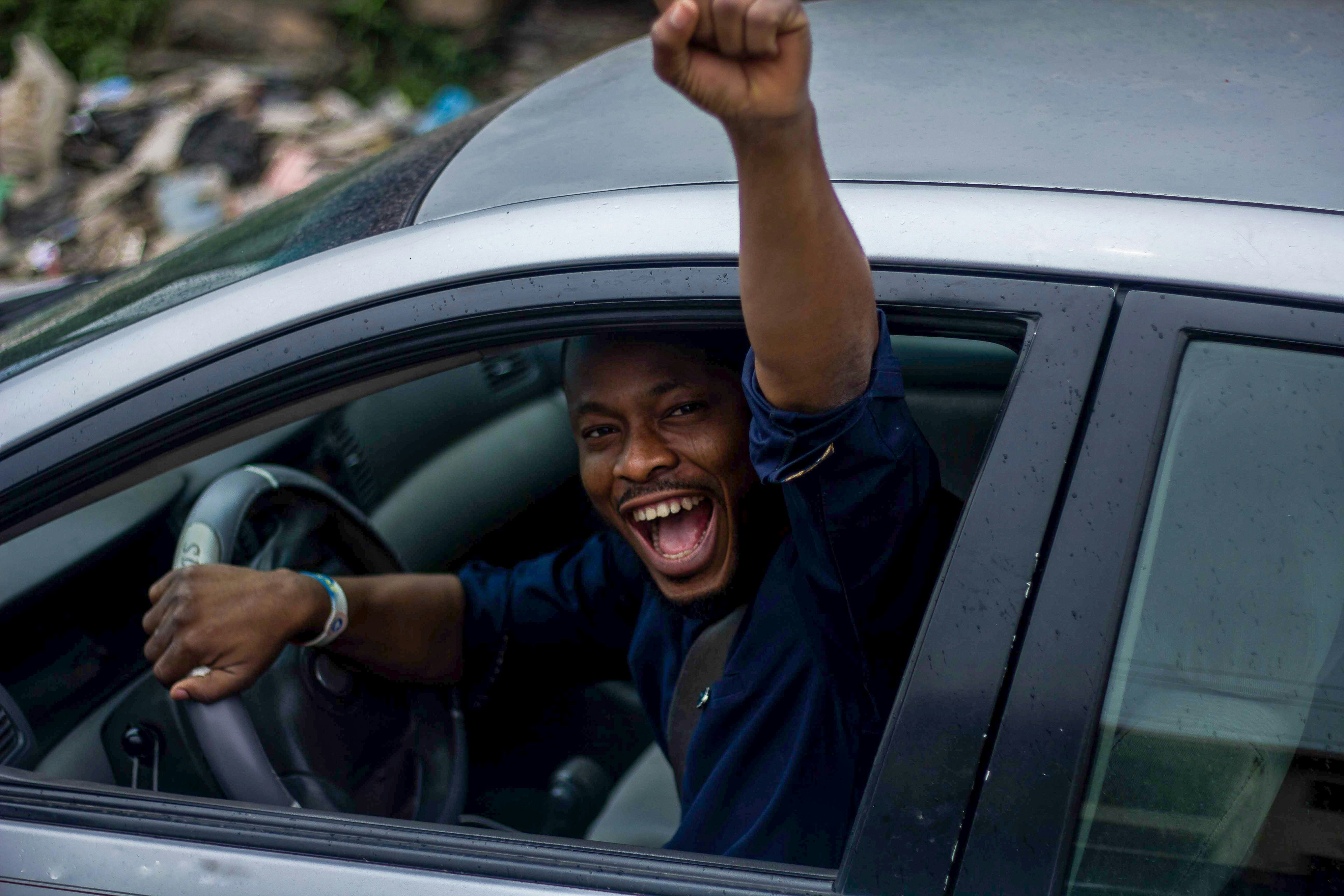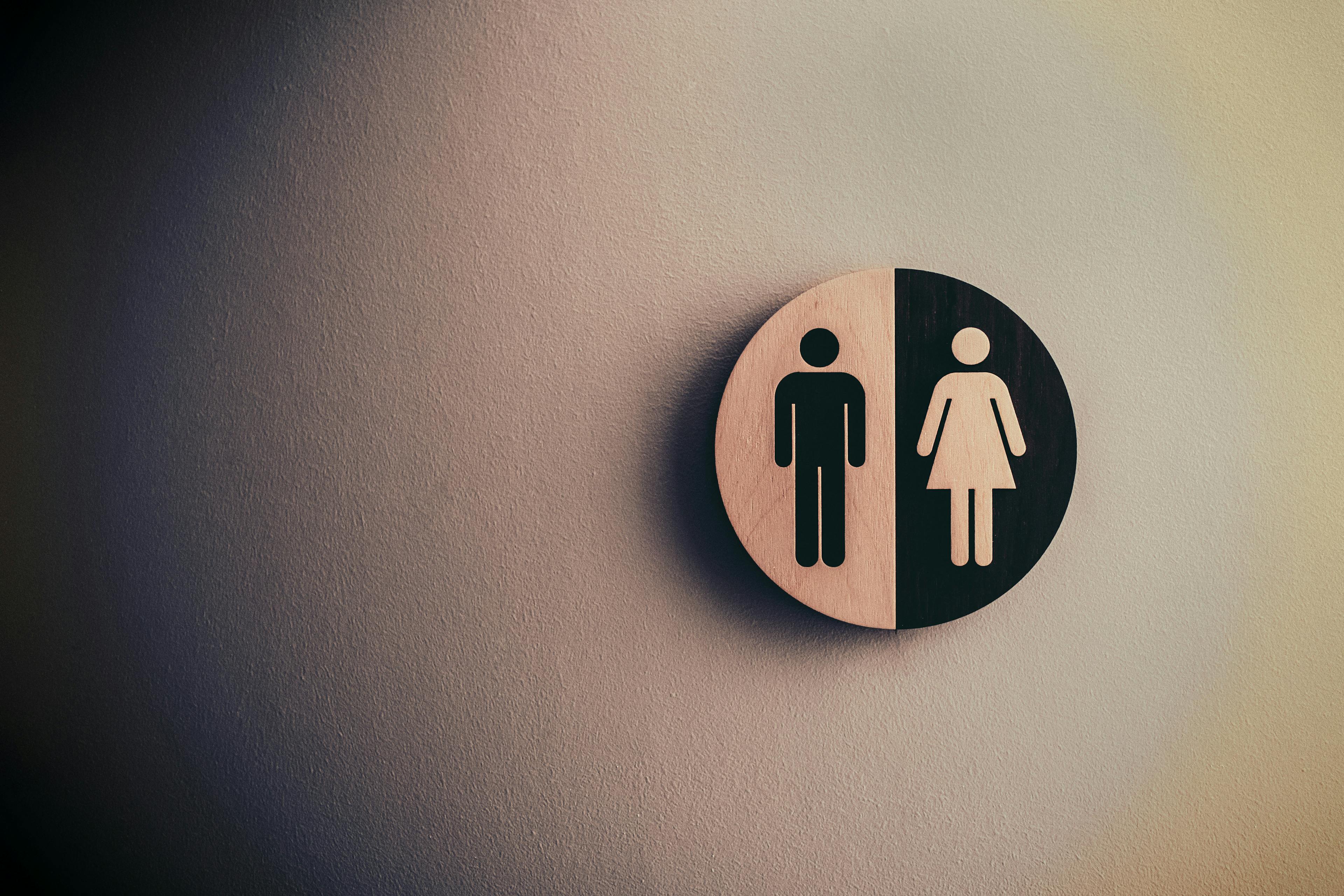Are You More Likely to Pass Your Driving Test on Your Second Attempt?
April 10, 2024
•7 min read

Sam Plant
Content Writer

All learner drivers are different. Some pass their driving test the first time around and others need a few more attempts to get it right. While we'd love to see every learner pass straight away, this sadly isn't possible. If you're unfortunate enough to have failed on your first attempt, however, you're not in the minority. The average pass rate for first timers was 46.7% for 2017/18, according to the DVSA. That's less than half of all learners!
So, if you don't get it right the first time, are you more likely to pass on your second attempt? To answer this question, we turned to the official driving test statistics. The DVSA released the latest annual figures, covering 2017/18, in early July. This release has helped us to shed light on topics ranging from cancelled driving tests through to the best and worst test centres in the UK.
Now, we're going to delve into the figures to see whether learners really do perform better second time around. Read on to find out more about how pass rates vary from attempt to attempt, and to learn which factors affect the outcome of your test. We'll also give you some handy tips on how to increase your chances of passing!
What do the stats tell us?
As a leading driving school, PassMeFast gets countless queries from learners every day. From how many attempts it takes to pass the test to how long it takes to learn to drive, we hear it all. The most popular queries tend to revolve around driving test pass rates, with learners often wondering what impacts their chances of passing—or even worrying that the numbers are against them. With the DVSA publishing driving test statistics regularly, we can give our learners some much-needed clarity. Let's start by taking a look at pass rates by number of attempts for 2017/18 in the table below:
| Attempt | Pass rate |
|---|---|
1st attempt | 46.7% |
2nd attempt | 47.6% |
3rd attempt | 46.8% |
4th attempt | 45.6% |
5th attempt | 44.0% |
6th attempt | 38.6% |
Interestingly, pass rates are ever so slightly higher for learners on their second attempt—47.6%, when compared to a first-attempt pass rate of 46.7%. By the time it comes to the third attempt, that figure is back down to 46.8%, a tiny fraction ahead of those sitting the test for the first time. There are a few reasons why some learners may perform better second time around.
With your first driving test, you're battling test day nerves and preparing yourself for something you've never experienced before. When you get back into the car seat for your next try, though, there's not as much pressure because you've done it before. You'll also have spent time working on the areas you're weakest on, using the feedback sheet of driving test faults given to you by your examiner. So, attempt number affects pass rates, but what else plays a part? Let's find out...
Gender

When it comes to the battle of the sexes, nothing is quite as strongly debated as performance behind the wheel. Driving test statistics have given both genders plenty of ammunition: men boast of higher pass rates in the practical test, while women point to their safe driving and dominance in the theory test. Is there any difference, however, in how likely men or women are to pass on each given attempt?
The same pattern holds true for both genders—pass rates are highest on the second attempt for both men and women, before steadily dropping off on subsequent attempts. Men continue to reign supreme here, with an advantage over women at every turn. However, it is interesting to note that this gender gap narrows with almost every attempt. Amongst drivers taking their practical test for the first time, the pass rate for men is 7.3% higher than that for women. This gradually slims—and, by the time a driver is taking the test six or more times, the gap is 5.6%.
Age
And now onto the next debate in the world of driving: younger drivers versus older drivers. It's safe to say that those with years of experience under their belt tend to be the better drivers. They're usually better-prepared in difficult situations than learners who have only just thrown away their 'L' plates. Of course, whilst this is true for driving in general, the opposite is true when it comes to passing the driving test.
Younger drivers tend to dominate the practical test, boasting higher pass rates than their older counterparts. The youngest drivers of all—17 year-olds—come out with the highest pass rates that almost reach 60%. The trend then dips as age increases—hitting your early 30s pulls your chances below 40%. But what link is there between driving test attempts and age?
The youngest age group of 17-24 comes out with the highest pass rates, no matter what attempt number they're on. In fact, there appears to be a steady negative trend when it comes to age and driving test pass rates—with pass rates decreasing as age increases. It gets pretty interesting, however, when we look at pass rates by the attempt number.
While the overall pass rate tends to peak on the second and third attempt than on the first, pass rates for the youngest age group steadily increases up until after the 5th attempt. For older age groups, however, pass rates are highest on the first attempt—closely followed by the second attempt. There may be myriad reasons for this.
Younger drivers may, for example, have fewer commitments to concern themselves with, and therefore more time to spend on additional lessons. Confidence may also come into play, with older learners more likely to be put off by an initial fail. If you're an older learner, don't let this put you off too much—you're never too old to pass the practical test!
Of course, age, gender and attempt number are just a few examples of factor that affect pass rates. To get a better idea, take a look at our dissection of driving test pass rates.
Failing isn't always a bad thing...
Whilst we can understand the desire to pass your driving test first time, it's not the end of the world if you need a second (or nth) attempt. In fact, studies have shown that drivers who have passed on their second or third attempt tend to be safer drivers than first timers. Those who pass their test the first time, meanwhile, are more prone to accidents—possibly due to overconfidence.
By comparison, second or third time passers are far more cautious and take fewer risks. As a result, they're less likely to be pulled over for dangerous driving. It certainly makes sense. After all, learners who have to take another driving test will have had to take more driving lessons to get them test-ready again—meaning they tend to have more driving experience with an ADI.
Second driving test: FAQs
How likely am I to pass my driving test?
Though it may be interesting to peruse pass rates and statistics, the real answer is that your chances of passing your test are determined by you alone. If you choose the right course and put in the effort with your instructor, you should have a great chance of passing. And if you don't get it right the first time, remember the saying: try, try, and try again!
What if I fail the first time?
Unfortunately, not everyone is lucky enough to pass first time. Don't worry—this is perfectly normal. Instead of worrying about it, take the opportunity to learn from it. Take the examiner's advice on board and practice that little bit more with your instructor, and you'll be well on your way to securing that pink licence.
3What if I don't agree with the examiner's mark?
Driving examiners are trained to professionally grade learner drivers—they rarely make mistakes. You can appeal a driving test, but if successful, all you'll get is a new test—not a regrade.
Is there a way to increase my chances of passing?
Despite what some driving schools may claim, there's no such thing as a guaranteed pass! The only way to improve your chances is to practice. A refresher course is a great option, as it provides you with the opportunity to work on areas of weakness, so that you're less likely to make the same mistakes on your next attempt.
My new test is months away. How do I get an earlier date?
Want to fast-track your test? PassMeFast can help you to do just that! We can secure you a test date weeks or even months ahead of the one you currently have. Simply call us on 0333 123 4949, or book a test online to get started.
How many driving tests am I allowed to take?
There's no limit as to how many driving tests you can take overall. However, if you fail one driving test, you'll have to wait another ten working days before you're able to take another one. Be sure to schedule in at least a couple of hours' practice before each test to iron out any problem areas and get back into the swing of things!
Am I allowed to start driving right away after passing?
Yep! Upon passing your test, you'll be given a test pass certificate and will finally be allowed to drive unsupervised—as long as you have the right insurance coverage. For more information, we'd recommend reading our guide to young driver insurance. We usually recommend letting your instructor drive you back home afterwards, however. This will give you time to fully experience your win.
When will I get my full driving licence?
After you've passed your test, the examiner will ask if you want to apply for your full driving licence right away. If you say yes, they'll take your provisional licence and send it to the DVLA. You'll receive your new licence within 3 weeks. Alternatively, you can send off for your full licence yourself.
Subscribe for driving advice, offers & more
We'd love to let you know about our courses, news and offers via email. You may unsubscribe at any time.
Star Genie Limited trading as PassMeFast. Company number 10093359
Copyright © 2024 owned by Star Genie Limited
PassMeFast, Blue Tower, MediaCityUK, Salford, M50 2ST
